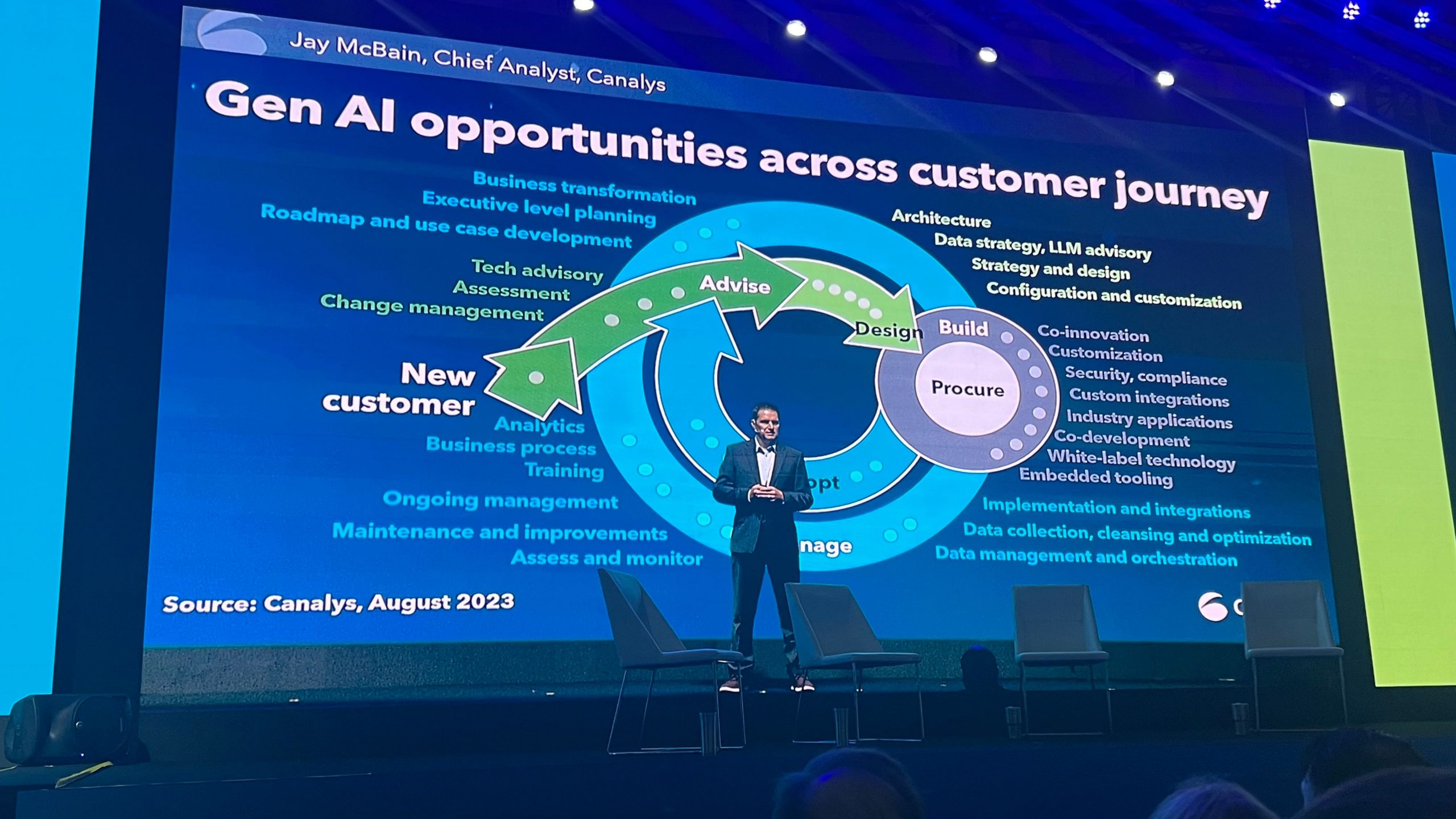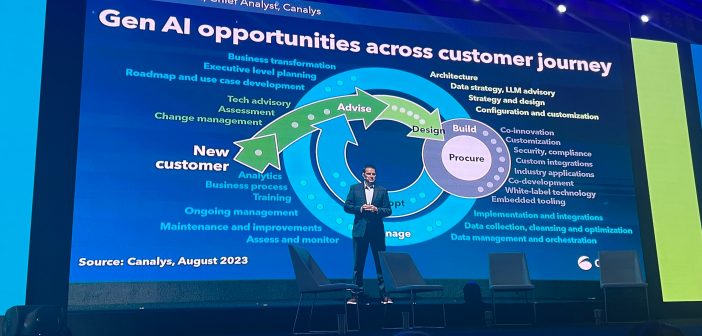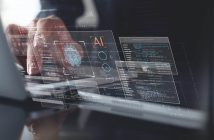
In a compelling glimpse into the future, industry experts gathering in Bangkok this week for the Canalys Channel Forum predict that by 2026, generative AI will cease to be merely a product but will seamlessly integrate into every facet of technology, from software and hardware to the services delivered to clients. The transformative power of generative AI is set to revolutionize industries, bringing about a paradigm shift in how businesses operate and creating a potential $150 billion opportunity.
Generative AI Integration and Cost Considerations
One of the key revelations is that generative AI will no longer be a standalone product with an additional cost. Instead, it will be an embedded feature integrated into various products, accompanied by a different level of services. This marks a departure from the traditional model of selling products as companies like Microsoft and Salesforce, which currently charge for AI features, are expected to shift towards this integrated approach.
The move towards integration holds promising implications for the industry, creating a more accessible landscape for businesses of all sizes to leverage the power of generative AI without incurring extra costs.
Geopolitical Challenges and Regulatory Complexities
However, the promising future of AI is not without its challenges. Geopolitical factors and regulatory complexities are expected to play a significant role. With nations vying for supremacy in AI capabilities, regulations may hinder the free flow of data necessary for AI development. The fear is that ideological and market factors may further complicate the global AI landscape.
As nations grapple with understanding AI’s role in public life, regulations may range from influencing trade to outright bans. The impact on companies with groundbreaking ideas and products could be substantial, hindering their ability to gather essential data for AI tools and limiting scalability across user bases and geographical regions.
The Rise of Citizen Programmers and the Code Revolution
Looking ahead, a noteworthy prediction is that, by 2026, a quarter of all code will be produced by individuals without full programming training. Generative AI, at the heart of this transformation, will empower individuals to understand, translate, and produce code, ushering in a new era of code generation. Platforms like GitHub already report that a significant percentage of code is being generated by AI, and this trend is expected to intensify.
This democratization of coding holds profound implications for the tech industry, as it opens the doors for more individuals to participate in software development, potentially accelerating innovation.
Generative AI’s Impact on Jobs and Industry Dynamics
As the industry navigates the transformative impact of generative AI, there is a recognition that jobs will be affected. Routine and automated functions may see job losses, particularly in the US, where concerns about AI replacing human roles are palpable. However, the consensus is that new jobs will also be created, and education should focus on preparing the workforce for these emerging roles, such as patient sciences, social media management, and cybersecurity consulting.
The industry’s shift towards generative AI has sparked a gold rush, with companies providing essential tools and infrastructure standing to benefit the most. Notably, companies like NVIDIA, with its GPU and CUDA software, are positioned as clear winners in this evolving landscape.
Environmental Impacts and Water-Energy Nexus
While celebrating the advancements in AI, the industry also faces critical challenges on the environmental front. The demand for AI training models and data centers is contributing to significant water and energy consumption. Concerns about water shortages for data centers and conflicts between water usage for technology and human consumption are becoming more pronounced.
The industry is urged to address these environmental concerns by optimizing workloads, reducing energy consumption, and finding sustainable solutions to balance technological advancements with ecological responsibilities.
Towards Ethical AI and Global Regulation
As the industry propels towards artificial general intelligence (AGI), ethical considerations become paramount. Experts stress the need for global regulations akin to climate change monitoring by bodies like the IPCC. Companies are encouraged to disclose AI practices to trusted, independent parties to assess potential risks and dangers.
Microsoft, with its CoPilot, is acknowledged as a leader in the field, but the call is for collaborative efforts across industry giants to regulate AI responsibly and ensure a harmonious integration into the global landscape.
The future of technology is on the cusp of profound change, driven by the integration of generative AI. As the industry embraces this transformative wave, it must navigate geopolitical challenges, environmental responsibilities, and ethical considerations to ensure a future where AI benefits humanity without compromising essential values and resources.
*AI tools contributed to this article





